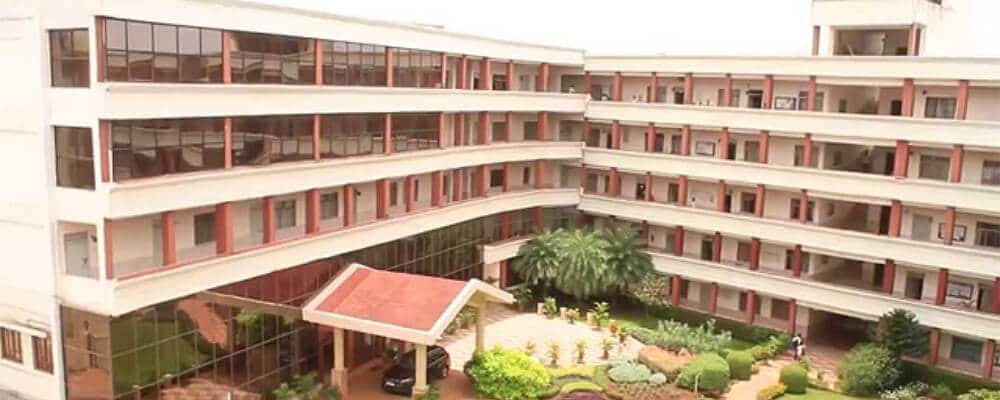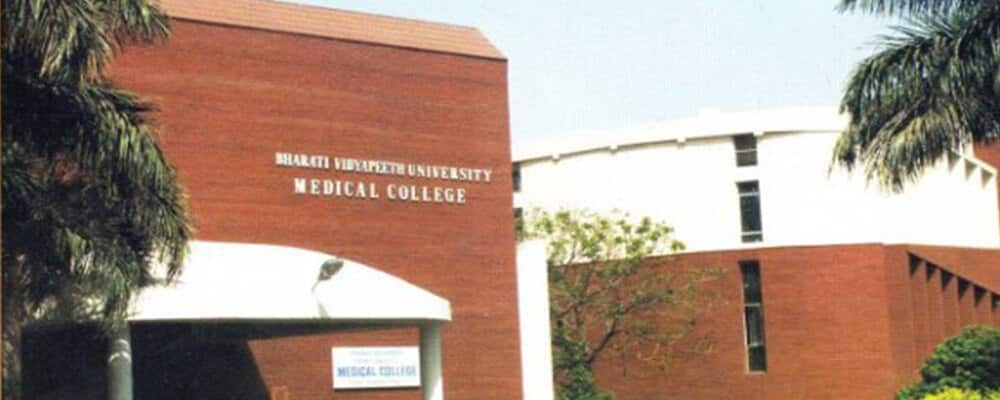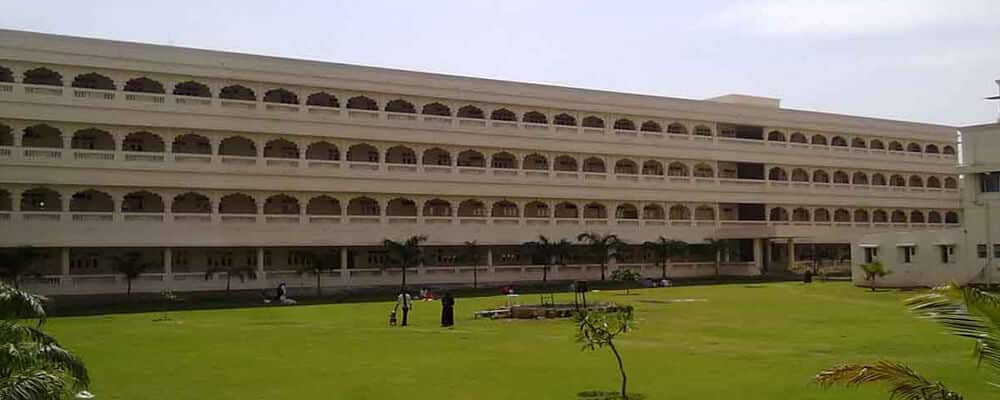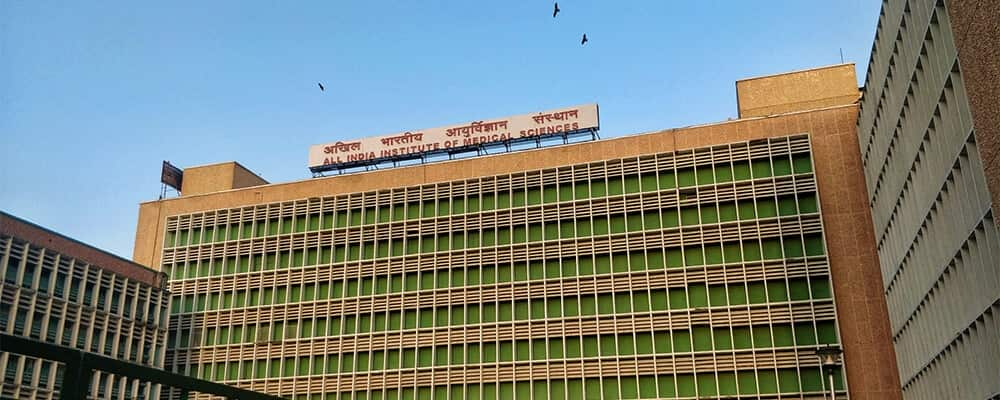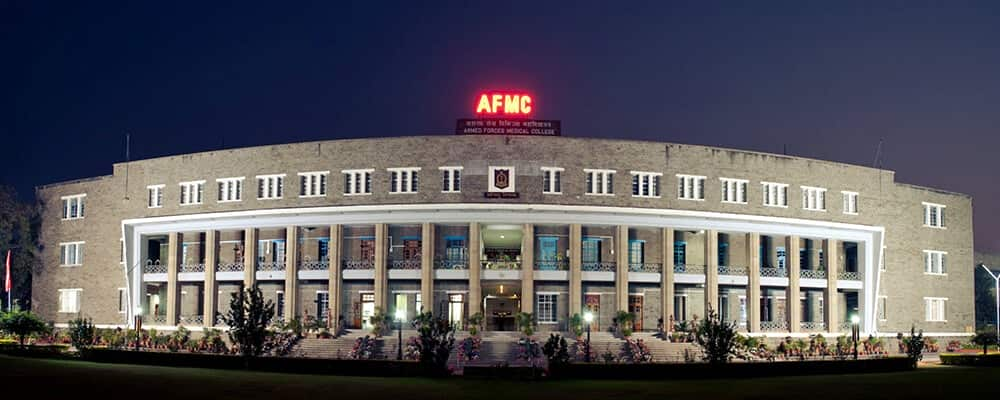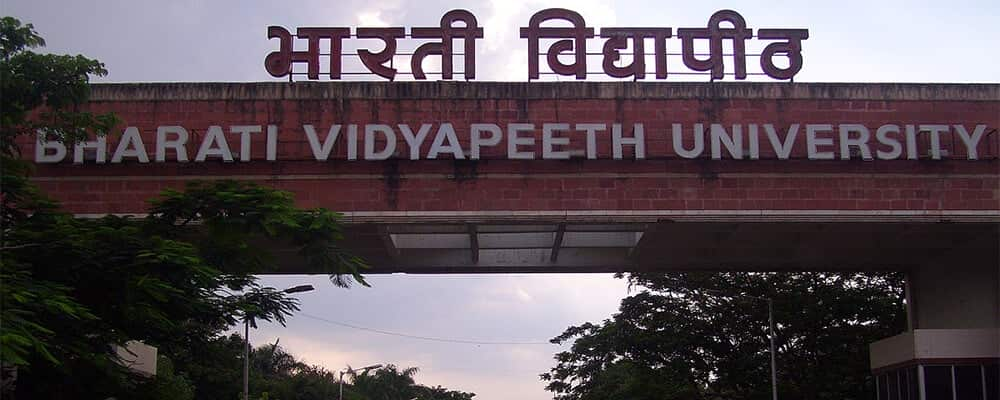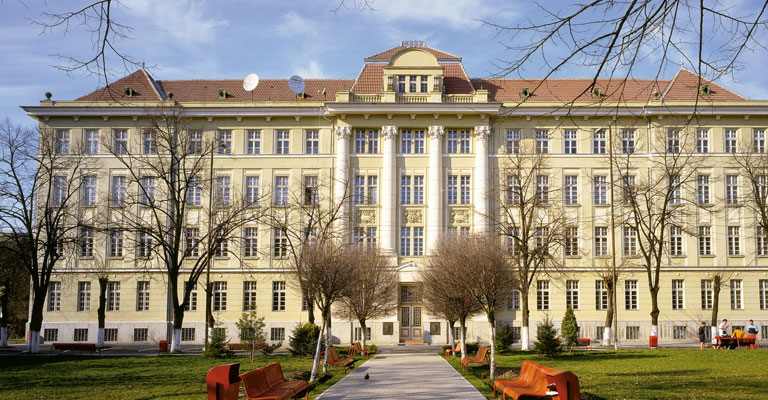
MBBS in Romania: Quick Overview 2024
Some of the prominent highlights of MBBS course in Romania are given below:
Course Name | M.D (Doctor of Medicine) |
MBBS Duration | 5 + 1 Year for internship |
Eligibility Criteria | 55% marks in XIITh (Science) |
Required Entrances | NEET (130+ Score) |
Total Fees (Minimum) | 15,24,900 INR |
Total Fees (Maximum) | 22,87,200 INR |
Cost of Living in Romania | 250$ - 300$ Per Month |
Medium of Teaching | English Medium |
University Recognition | NMC, WHO & The Ministry of Education, Romania |
Top Medical University | Victor Babes University of Medicine & Pharmacy |
Advantages of Studying MBBS Course in Romania for Indian Students
Mentioned below are the benefits that students avail while learning medicine at Romania:
Language barrier is not a matter of concern while studying MBBS in Romania as the course is conducted through English language.
Staff members employed in medical faculties of Romanian universities have decades of teaching experience and expertise in their field.
Medical universities in Romania have a range of recognitions and accreditation at their notch that embraces worldwide future career prospects for the students.
Standards of education in Romania’s MBBS training programs are up to the mark. These colleges have a history of producing top-class doctors.
Well constructed laboratories with essential equipment are available in the universities. It includes a Spectrophotometer with UV radiation, microscope installed with a camera, CT scan instruments, tools for radiology, etc.
Tuition fees of MBBS courses are generally higher in Europe, however surprisingly Romania does not follow this pattern. Fees are extremely lower in Romania.
Cost is not a big challenge as the living expenses are mostly cheaper. Hostel services are also affordable provided by the universities with an abundance of facilities.
Another great thing about studying in Romania is its variance in the choices of courses. Students can learn General Medicine, Dentistry, Pharmacy, Nursing, etc.
Dates of Intake for MBBS admission in Romania are also flexible. You have two options throughout the year; May & Sept respectively.
Internship programs are arranged in multispeciality govt hospitals with global reputations. Graduates receive advanced experience of clinical practices.
Eligibility Criteria
Candidates must be compatible with the requirement set by the Medical universities in Romania:
Students must have completed 17 years of age before 31st dec of admission year.
International students need to have a valid passport & student's VISA.
Students should have completed science (Biology) with at least 55% score.
NEET examination is also compulsory to crack with 130 minimum marks.
Academic session of the MBBS course in Romania starts in August.
Step-by-Step Admission Process of Medicine at Romania
Following is the general stages involved in the process of admission for medical course:
Step 1: Fill up the admission form on the website of the university.
Step 2: Attach all the documents with application as per the instructions.
Step 3: A letter of acceptance will be delivered by the university.
Step 4: Start applying for studnet’s VISA at this final phase.
Step 5: Get ready to fly to Romania for chasing your dream career.
List of All Important Documents Required for the Admission
Refer the list of documents provided below to carry throughout the admission:
Application form filled with accurate data
NEET score card with adequate percentile
Marksheet of 10th & 12th from recognized university
Certificate of A Birth Registration
National Identification Proof
School Leaving Certificate (SLC)
Student's VISA
Flight Tickets
Passport Size Photos (12)
A letter of acceptance from the university
Medical certificate of HIV with negative test
Photocopy of original passport (Front & last page)
Medical Education System in Romania
Formal education system is mixed with informal educational training to enhance the practical understanding of the students:
MBBS course in Romania is divided into five years with an addition of an extra year for internship period.
A focus of training is bestowed upon developing individual and unique perspectives on different subjects through the implementations of dynamic tutoring methods.
English language is commonly used for teaching all the subjects that solve the problem for international students of learning another foriegn language.
International Recognition of Romanian Universities
See the names of medical committees who have recognized the medical degrees in Romania:
National Medical Commission (NMC)
World Health Organization (WHO)
British Medical Council (BMC)
Medical Council of European Countries (MCEC)
United States Medical Licensing Examination (USMLE)
Benefits of Scholarship for Indian Students
Students have advantages of scholarships for taking education in Romania:
Students have to fulfill certain criteria to avail the benefits of the scholarship.
The criteria mostly includes the academic track and performance in extra activities.
Generally a concession of 50% on tuition fees allowed for the scholarship holders.
Hostel and Accommodation Services Provided at Romania
Attributes of hostel services in Romania:
Separate hostel rooms for male and female.
Choices of single, double, & triple hostel.
24*7 security of CCTV, water supply, electricity.
Every student has a bed, side table, chair, etc.
Shared Washroom and toilets.
Common kitchen with self-cooking option.
Recreation center, gaming zone, wi-fi, TV, etc.
Regular housekeeping with laundry services.
Advance appliances for the student’s convenience.
Required Documents for Student’s VISA of Romania
The complete list of the documents involved in the admission process is here:
Passport with two blank pages (Original).
Two recent passport size colored photographs.
A letter of acceptance from the university of Romania.
Proof of payment of first year’s tuition fee.
Transfer of the fees to the bank account of the university.
Medical insurance for whole year of VISA expiry.
A legal proof showing free of any criminal charges.
Safety Index of Romania
As per the ranking of world’s safest country determined by the gfmag, Romania stands at number 33 position in the list:
| Rank | Nation | Global Finance Safety Index Score |
|---|---|---|
31 | Netherland | 8.82 |
32 | Cyprus | 8.88 |
33 | Romania | 8.88 |
34 | South Korea | 8.93 |
35 | Uruguay | 8.93 |
Cost of Living in Romania
Full details about the living expenses in the Romania:
| Particulars | Amount (USD) | Amount (INR) |
|---|---|---|
External Accomodation | 200 USD | 14000 Rs |
Food (Monthly Cost) | 100 USD | 7,000 Rs |
Transportation (Pass) | 20 USD | 1,400 Rs |
Monthly Grocery | 30 USD | 2,100 Rs. |
Basic Amenities | 120 USD | 8,400 Rs |
Total Monthly Expenditure (Avg) | 470 USD | 32,900 Rs.3 |
Note: 1$ = 70 Rs. (for calculation purpose)
Information About Romania
See the important aspects about living in Romania:
Romania is renowned as a peaceful country in the asian and american continental.
This European country has a profound quality of education and other cultural and social values.
Romania has a great constitution of history that reveals the characters of their citizens.
One can enjoy a marvellous lifestyle in the beautiful streets and accommodation of the country.
Romania has a range of mountains from north to the west.
The economy of Romania is combined with the individual freedom and economic centralized planning.
Students who studied here experience the best voyage of their lifetime.
Religion | Orthodox Christians |
National Currency | Romanian Leu |
Capital City | Bucharest |
Rate of Exchange (Dec 2021) | 1 lei = 17.20 INR |
Population | 19,400,000 |
Official Language | Romanian |
Climate | 11 °C (51.8 °F) (south) & 8 °C (46.4 °F) (northeast.) |
Time Difference | 3 hrs 03 min behind of India |
MBBS in Romanian Fees Structure 2024
A complete list of medical colleges in Romania along with their annual fee structure:
| Name of the Universities | Tuition Fees (USD) | Tuition Fees (INR) |
|---|---|---|
“GR. T. POPA” University Of Medicine and Pharmacy, Lasi | 5700 | 3,99,000 |
“Victor Babes” University of Medicine and Pharmacy, Timișoara | 6800 | 4,76,000 |
“Ovidius” University of Constanta | 5600 | 3,92,000 |
The University of Medicine and Pharmacy “IULIU HATIEGANU”,CLUJ-NAPOCA | 7000 | 4,90,000 |
University of Medicine and Pharmacy “Carol Davila” | 6800 | 4,76,000 |
University of Oradea | 6000 | 4,20,000 |
Note: 1$ = Rs. 70 (for calculation purpose)
Medical Courses Offered in Romania
Following courses related to Medicine offered at the universities of Romania:
General Medicine
Paediatrics
Surgery
Dentistry
Nursing
Pharmacy
Total Duration of MBBS Course in Romania
The duration of Medicine in Romania is for 5 years:
The course of MBBS in Romania is for 5 years followed by an year of internship.
MBBS degrees acquired from the universities of Romania are valid in India.
Internship sessions of the graduates are organized in reputed govt hospitals.
Syllabus for MBBS Course in the Romanian Universities
The subjects available for medical studies in each year is presented below:
| 1st Semester | 2nd Semester |
|---|---|
Anatomy and Embryology | Medical Sociology & Medical Psychology |
Biochemistry | Romanian Language |
Biology | Physical Education |
Biophysics | Abilities in Medical Meanuer |
Medical Informatics and Biostatistics | Summer Practice |
Physiology | Basic Medical Skills |
History of Medicine | Electives |
| 3rd Semester | 4th Semester |
|---|---|
Anatomy and Embryology | Medical Sociology & Medical Psychology |
Biochemistry | Romanian Language |
Biology | Physical Education |
Biophysics | Abilities in Medical Meanuer |
Medical Informatics and Biostatistics | Summer Practice |
Physiology | Basic Medical Skills |
History of Medicine | Electives |
| 5th Semester | 6th Semester |
|---|---|
Pharmacology | Medical Research Methodology and Medical Biostatistics |
Morphopathology | Primary Healthcare |
Physiopathology | Sumar Practices |
Medical Semilogy | Basic Medical Skills |
Surgical Semiology | Electives |
| 7th Semester | 8th Semester |
|---|---|
Internal Medicine | Anesthesia and Intensive care Medicine and Emergency Medicine |
General Surgery | Hygiene |
Orthopedics and Traumatology | Chemical Biochemistry |
Urology | Summer Practice |
Radiology and Nuclear Medicine | Basic Medical Skills |
Oncology and Hematology | Electives |
| 9th Semester | 10th Semester |
|---|---|
Internal Medicine | Otolaryngology |
Pneumatology | Neurology |
Endocrinology | Pediatrics Surgery and Orthopedics |
Ophthalmology | Summer Practice |
Pediatrics | Basic Medical Skills |
Neonatal Care | Electives |
Labour Medicine and Occupational Disease | - |
| 11th Semester | 12th Semester |
|---|---|
Obstetrics, Gynecology, Neonatology | Rheumatology-Balneo-Physiotherapy and Rehabilitation |
Psychiatric and Pediatric Psychiatric | Public Health and Sanitary Management |
Dermatology | Epidemiology |
Infectious Diseases and Clinical Microbiology | Cranial and Maxillofacial Surgery |
Forensic Medicine | Graduation Thesis |
Family Medicine and Geriatrics | - |
Career Scope After Completing MBBS Degree from Romania
Students have bright future ahead once they graduate from the universities of Romania:
Graduates have job opportunities in private or govt medical hospitals.
You can also return back to India to start their career as a doctor.
Students are also eligible to apply for post graduation courses after MBBS.
In order to start a career in India, NEXT examination is mandatory.
MBBS in Romania: Important FAQs
17 is the minimum age to take admission for medical courses at the universities of Romania and 25 is the maximum
Indian canteen is located in most of the colleges due to the inclination of Indian crowd at the university. Restaurants situated near the hostel or campus also serve Indian food.
Students complete their MBBS course within six years in Romania.
A degree that a medical aspirant receives after studying MBBS in Romania is valid all over the world. Indian students have to clear NEXT to start practicing as a doctor in India.
Yes, the training program in Romania is in English language.
Students can pursue post graduation programs anywhere in the world. Romanin universities are also better options to start your PG.
Yes, the medical faculties of all the universities in Romania have a coaching program for USMLE examination.
Students can pursue part time working opportunities in Romania. However it is recommended to completely attend the course of medicine for qualitative outputs.
